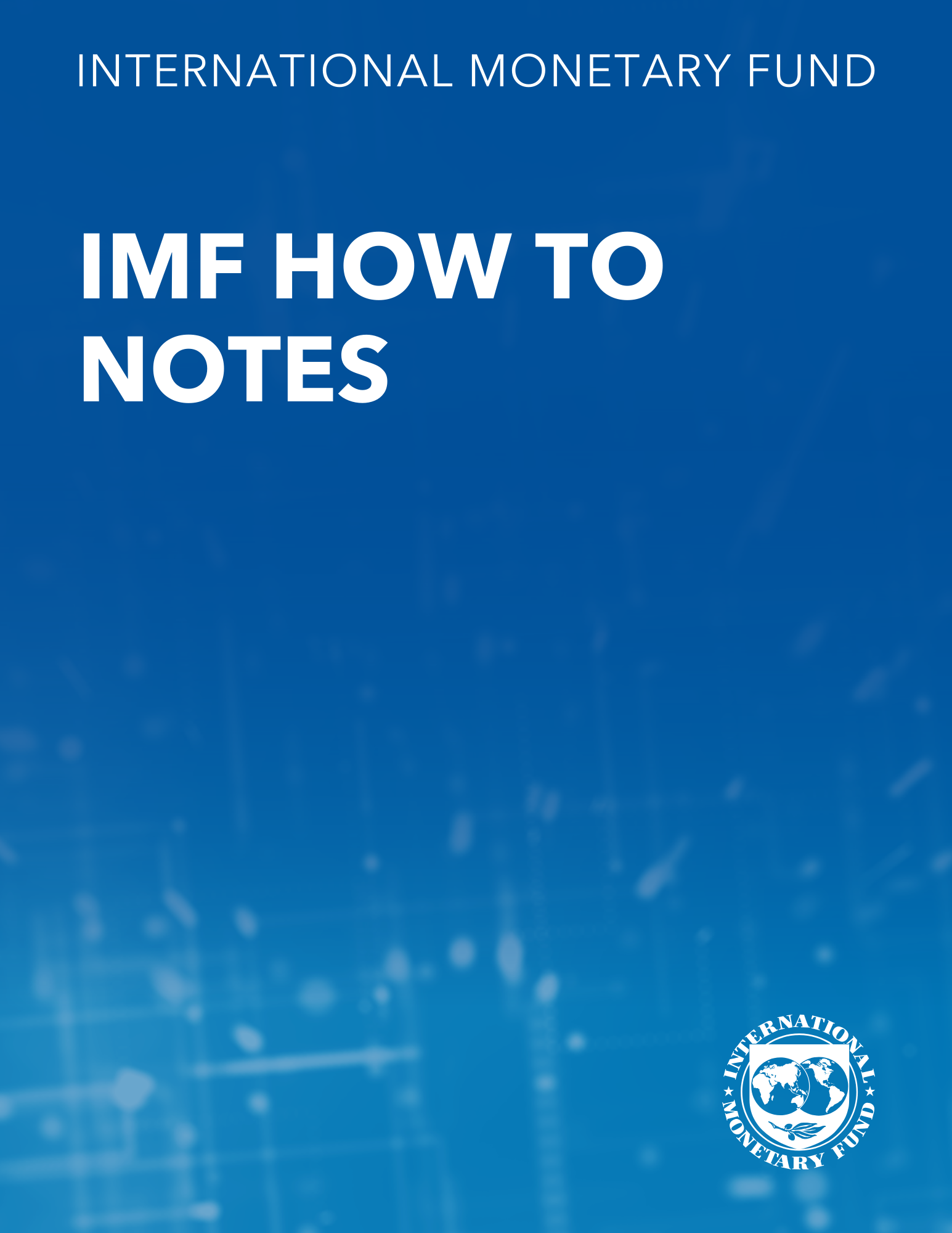The Dynamics of Trade Integration and Fragmentation in LAC
December 13, 2024
Disclaimer: IMF Working Papers describe research in progress by the author(s) and are published to elicit comments and to encourage debate. The views expressed in IMF Working Papers are those of the author(s) and do not necessarily represent the views of the IMF, its Executive Board, or IMF management.
Summary
Subject: Exports, Imports, International trade, Tariffs, Taxes, Trade balance, Trade policy
Keywords: Caribbean, Central America, Europe, Exports, fragmentation scenario, Geoeconomic fragmentation, Global, goods imports, Gravity, import tariff, Imports, LAC's trade, Latin America and the Caribbean, South America, Tariffs, Trade balance, Trade barriers, trade performance, Trade policy
Pages:
38
Volume:
2024
DOI:
Issue:
253
Series:
Working Paper No. 2024/253
Stock No:
WPIEA2024253
ISBN:
9798400296093
ISSN:
1018-5941






